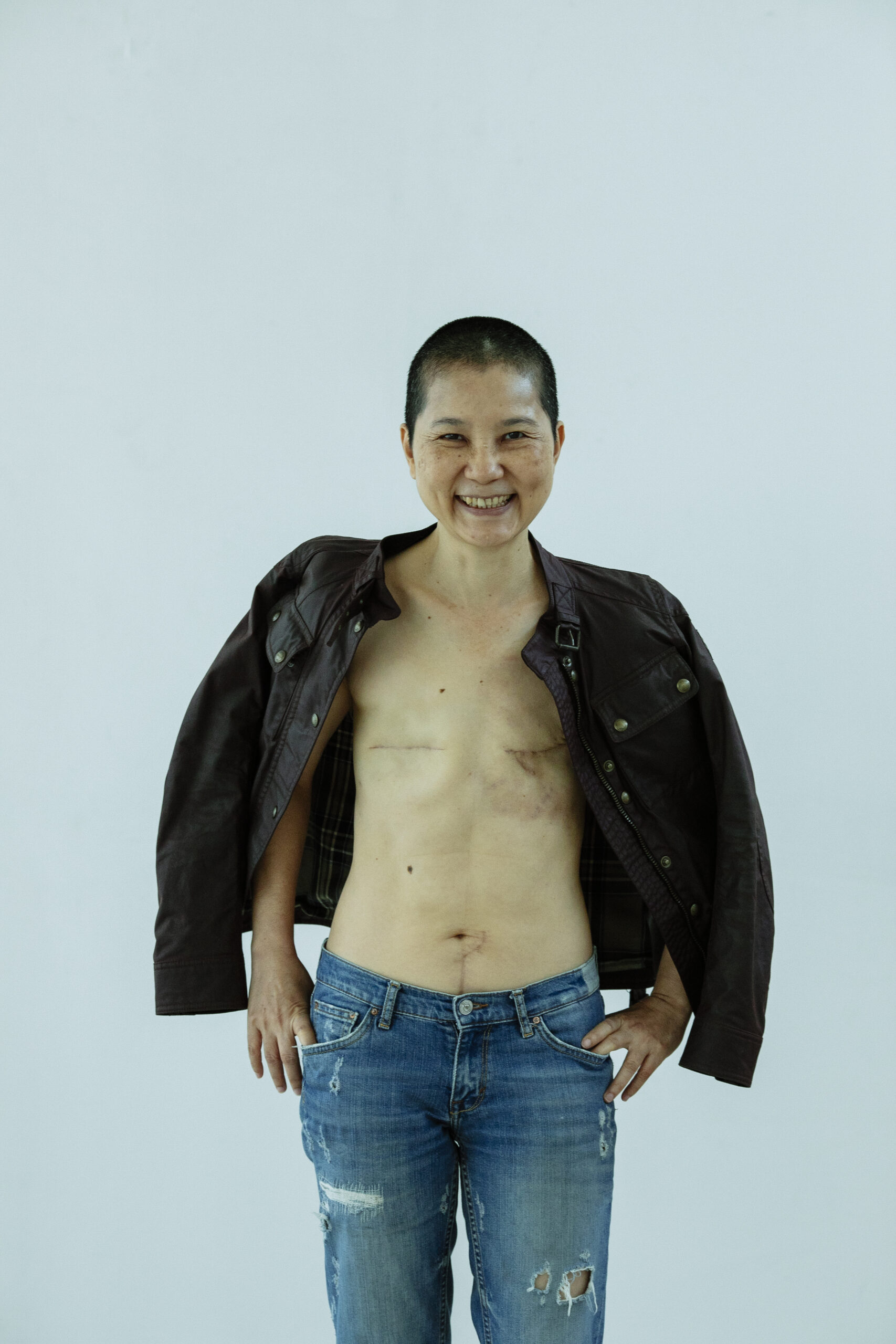What are the side effects of thyroid cancer treatment?
Title: Understanding the Side Effects of Thyroid Cancer Treatment: A Comprehensive Guide
Introduction:Thyroid cancer is a condition that affects thousands of individuals worldwide. Fortunately, medical advancements have significantly improved the prognosis and survival rates for thyroid cancer patients. Treatment options for thyroid cancer include surgery, radioactive iodine therapy, external beam radiation therapy, and targeted therapy. While these treatments are effective in eradicating or controlling cancer cells, they may also come with side effects. In this blog, we will explore the potential side effects of thyroid cancer treatment and how patients can effectively manage them.
1. Surgery:The most common treatment for thyroid cancer is surgery, which involves removing the tumor and sometimes part or all of the thyroid gland. While surgery is generally safe, patients may experience some short-term and long-term side effects. These side effects may include:
– Pain and discomfort at the incision site: It is normal to experience pain and discomfort after surgery. Your doctor may prescribe pain medication to manage this.
– Scar formation: Surgery may leave a visible scar on the neck. Over time, scars often fade and become less noticeable.
– Temporary or permanent voice changes: In some cases, the nerves that control vocal cord movement can be affected during surgery, leading to hoarseness or changes in the voice. Most patients experience temporary changes that improve over time, but some may have permanent changes.
2. Radioactive Iodine Therapy:Radioactive iodine therapy (RAI) is often used after surgery to destroy any remaining thyroid tissue or cancer cells. This therapy is generally safe but may cause the following side effects:
– Temporary or permanent dry mouth or throat: Radioactive iodine can affect the salivary glands, leading to dry mouth or throat. Drinking water, using sugar-free gum or lozenges, and practicing good oral hygiene can help alleviate these symptoms.
– Taste changes: Some patients may experience alterations in taste sensations, such as a metallic or bitter taste. These changes are usually temporary and resolve on their own.
3. External Beam Radiation Therapy:In cases where thyroid cancer has spread or recurred, external beam radiation therapy (EBRT) may be used. EBRT delivers high-energy radiation to the affected area, killing cancer cells. Potential side effects include:
– Fatigue: Radiation therapy often causes fatigue, which can be experienced gradually or suddenly. Managing your energy levels, getting enough rest, and maintaining a healthy lifestyle can help combat fatigue.
– Skin changes: The skin in the treatment area may become sensitive, dry, or discolored. It’s essential to keep the treated area clean and moisturized while avoiding excessive sun exposure.
4. Targeted Therapy:Targeted therapy is a type of medication that specifically targets cancer cells without harming healthy cells. Some targeted therapies used to treat advanced thyroid cancer include tyrosine kinase inhibitors (TKIs). While these drugs can be effective, they may cause certain side effects:
– Hypertension: TKIs can increase blood pressure. Regular monitoring, lifestyle modifications, and medication adjustments can help manage this side effect.
– Fatigue: Fatigue and weakness are common side effects of targeted therapy. Adequate rest, nutritional support, and regular exercise can help alleviate these symptoms.
Conclusion:Thyroid cancer treatment has come a long way, and with proper management, side effects can be minimized or effectively addressed. It is crucial for patients to maintain open communication with their healthcare team, report any side effects promptly, and follow their recommended treatment plan. By understanding the potential side effects and seeking appropriate support, thyroid cancer patients can navigate the treatment journey with confidence and better quality of life.



